022 - Andreas Clenow - A Most Private Discussion on Sensible Trading for the Long Term

Trading Strategies, Books, Programming and the underworld of Swiss Private Banking.
Andreas Clenow needs no introduction and has a lengthy history in the algorithmic trading industry. A Swede who has lived in Switzerland for quite some time he has recently published a fiction novel set in the underworld of the secretive Swiss banking industry. He says you can learn more about finance from that than his textbooks! His contribution to the field of systematic trading has been enormous, with his three absolutely invaluable books: Following the Trend; Stocks on the Move; and Trading Evolved. The books cover everything from futures trading to stocks and then to programming it all in Python yourself. Clenow’s books go into great detail and give you all the strategy detail needed to get you moving.
We had an insightful discussion with him about the strategies in his books and then about his latest venture: a new mobile app called Hush. It’s essentially a fund for the broader audience so we were particularly keen to uncover the strategies he is deploying in there.
Trend Following and Diversification
Andreas emphasizes the importance of trend following as a core strategy but also highlights the necessity of diversification. He’s not attached to a label and stresses that while trend following can yield significant returns, it also involves higher volatility and drawdowns. Thus, for institutional investors managing large sums, controlling volatility and diversifying across different strategies may be necessary.
Building Block Strategies
He describes his trading approach as using building block strategies rather than a single, comprehensive solution. This method involves combining different strategies to create a diversified portfolio that suits your particular (commercial) needs. He argues that relying on a single strategy isn’t something he would do.
Systematic and Global Approach
Of particular interest to us was the trading strategy deployed in his new fund (conveniently bundled into an app and thanks to fractional position sizing, you can have a $10 account). The trading philosophy includes a systematic approach, allocating to stocks, bonds, and alternative investments through over 80 low-cost, highly liquid ETFs. The strategy is designed to provide global exposure across different sectors and regions, ensuring broad diversification and risk management, including tail-hedge features.
Adaptation to Investor Profiles
Andreas always emphasises the importance of adapting trading strategies to the investor's profile, including their financial background, risk tolerance, and investment goals. Sometimes it’s hard to get a straight answer from him, he loves the ‘it depends’ response : ) which is simply to highlight that most people want short-form answers and solutions which aren’t solutions at all. Traders will need to develop strategies that are very specific to their needs, even when relying on universal principles of sound trading.
Technology and Back-Testing
His most recent trading textbook, Trading Evolved, focusses on the use of Python to get the job done yourself. That way, you know exactly what’s going on at all times. I loved the fact that you don’t need to utilise a continuous futures contract for back-testing, but can feed Python the individual contracts and access both the ‘as traded’ data and the ‘adjusted’ data. This is the same thing we do with stock trading in fact. The good news is that the DIY approach is getting easier with a huge volume of free, open-source material available. Andreas talked to us about Zipline, initially developed by Quantopian, but now open source and freely available. Combined with other free libraries out there, and the simplicity of Python code, the world is now the quant trader’s oyster. If you go for that kind of thing.
Trade well and prosper!
Get in touch with Andreas:
His best contact website
His original trend following blog
His automated analytics website
The new app called Hush
